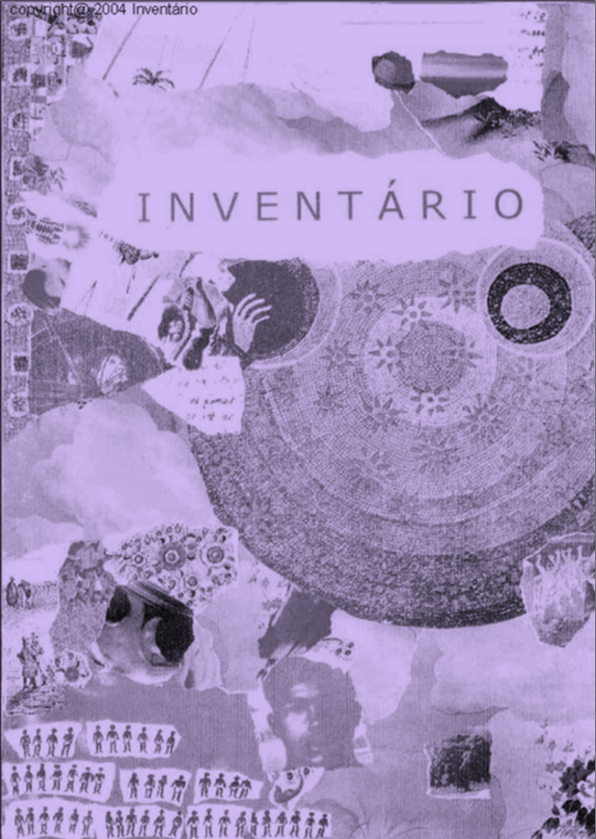CELPE-BRAS COMO ORIENTAÇÕES CURRICULARES: UM OLHAR SOBRE OS CURSOS DE PLA PARA ESTUDANTES PEC-G
Parole chiave:
Educação de Português como Língua Adicional, Celpe-Bras, PEC-G, Desenvolvimento Curricular.Abstract
RESUMO: O presente artigo tem por objetivo discutir o impacto do exame Celpe-Bras nas práticas de ensino e aprendizagem de Português como Língua Adicional (PLA) no contexto do Programa de Estudantes-Convênio de Graduação (PEC-G). Para tanto, um estudo foi realizado para investigar os processos de desenvolvimento e implementação dos currículos de PLA em sete das doze universidade públicas brasileiras que, em 2015, ofereceram cursos de PLA para participantes do PEC-G. Tal investigação focou nos seguintes pontos: (1) os construtos teóricos nos quais o desenvolvimento curricular havia sido baseado; (2) os objetivos pedagógicos e linguísticos estabelecidos no currículo; e (3) até que ponto esses embasamentos teóricos e objetivos linguistico-pedagógicos estavam refletidos nas práticas de ensino e aprendizagem propriamente ditas. Nove coordenadores de programas de PLA e dez professores dos mesmos programas participaram de entrevistas ativas em profundidade semiestruturadas personalizadas. Ao analisar as entrevistas de forma dedutiva, indutiva e abdutiva, pôde-se concluir que os pressupostos teóricos e formato nos quais o exame Celpe-Bras é baseado haviam servido como orientações para o desenvolvimento e implementação dos currículos nos contextos investigados. Concluiu-se, também, que o exame Celpe-Bras influenciou as decisões acerca dos recursos linguísticos e objetivos pedagógicos a serem priorizados durante o curso de PLA para os participantes do PEC-G. Tais decisões foram representadas na escolha e/ou elaboração de materiais didáticos e promovidas, até certo ponto, por todos os envolvidos no processo de ensino-aprendizagem – coordenadores dos Programas de PLA, professores de PLA e os próprios estudantes PEC-G.
ABSTRACT: This article aims to discuss the impact of the Celpe-Bras examination on the teaching-learning process of Portuguese as an Additional Language (PAL) within the context of the Exchange Programme for Undergraduate Students (PEC-G). In so doing, a study was conducted to investigate curriculum development and curriculum enactment for PAL within seven of the twelve public universities in Brazil where, in 2015, PEC-G students were offered PAL courses. Such investigation focused on the following issues: (1) the theoretical perspectives on which curriculum development had been based; (2) the pedagogical and linguistic goals which had been established for the curriculum; and (3) the extent to which those theoretical perspectives and linguistic-pedagogical goals had been conveyed through practice itself. Nine PAL co-ordinators and ten PAL teachers participated in active in-depth semi-structured personalised interviews. Through a deductive, inductive and abductive analysis, it was possible to conclude that both the theoretical perspectives and format of the Celpe-Bras examination had informed and/or shaped curriculum development and curriculum enactment for PAL within the investigated contexts. Furthermore, the Celpe-Bras examination had also influenced the decisions regarding the linguistic resources and pedagogical goals to be prioritised for the PAL course for PEC-G students. Such decisions were represented by the selection and/or development of pedagogical materials and promoted, to a certain extent, by all those involved in the teaching-learning process – PAL programme co-ordinators, PAL teachers and the PEC-G students themselves.







